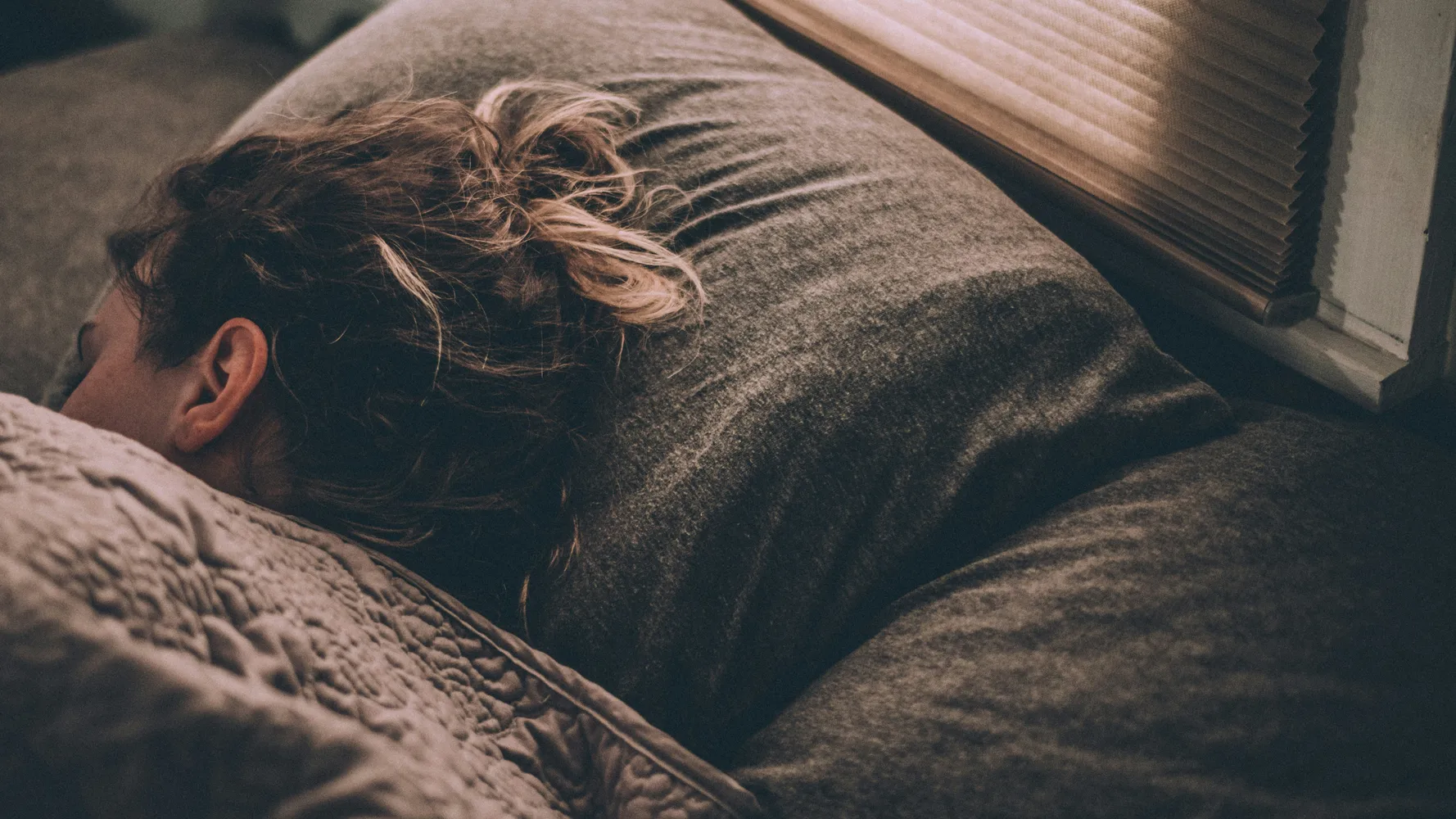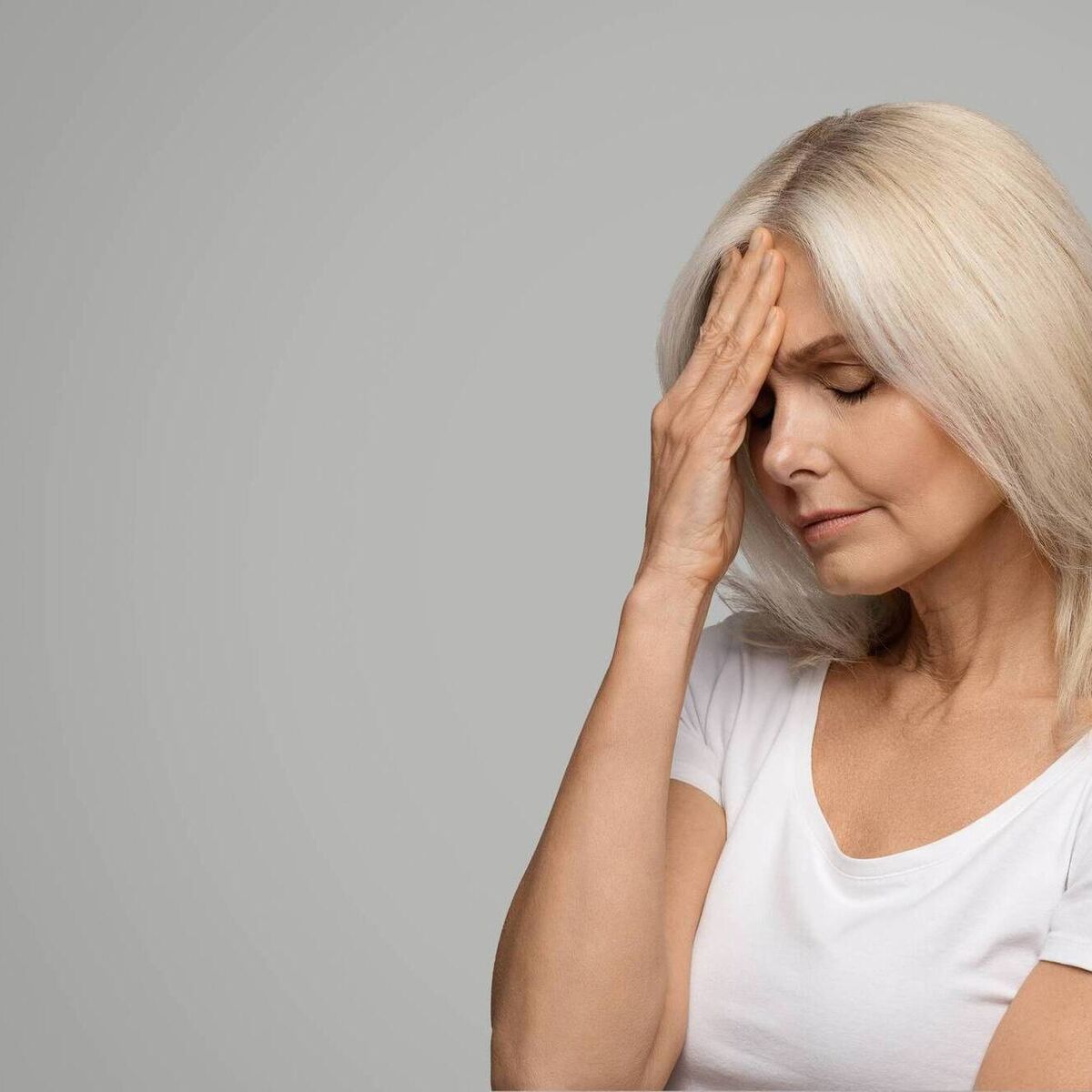By Amy Glover
Copyright huffingtonpost

Though “chronotypes” – people’s natural inclinations to being either a night owl or an early bird – exist, a 2024 study found that getting to bed before 2am is key to better ageing.
And even those who love to burn the midnight oil appear to suffer worse outcomes in middle age if they hit the hay after that point, the research suggested.
But speaking to HuffPost UK, registered dietician and longevity specialist Melanie Murphy Richter, who studied under longevity researcher Dr Valter Longo at the University of Southern California, said our bedtimes might be even more important than we think.
“Sleep is one of the most powerful longevity tools we have, and timing matters,” she shared.
When does she recommend going to bed?
“Going to bed between 10pm and midnight and waking with the sun supports circadian rhythms, hormone balance, and cellular repair – all critical for healthy ageing,” Murphy told us.
Some studies have suggested that aligning with your Circadian rhythm, also known as your “body clock”, could have even more of an effect on how rested we feel than the number of hours we’ve slept.
Nonetheless, experts roundly agree that regularly hitting below the seven-hour mark of sleep could lead to worse heart health and an increased risk of depression.
Once you’ve managed to find the best sleeping schedule for you, which both aligns with your body clock and gives you at least seven hours’ rest, the dietitian says you should stick to it as much as possible.
“Consistency is more important than the exact hour on the clock,” Murphy said.
That’s partly why – and I hate this as much as you do – significant weekend lie-ins are linked to worse health outcomes.
Is napping good or bad for ageing?
Of course, sleeping at night is only one part of the equation – what about naps?
Well, luckily, Murphy said: “Naps can also play a role: short naps of 20-30 minutes, especially early in the afternoon, can help reduce stress, restore alertness, and support heart health.”
But longer or late-day naps “may interfere with circadian rhythm and nighttime sleep quality”, she warned.
Napping after 3pm isn’t usually advised.



